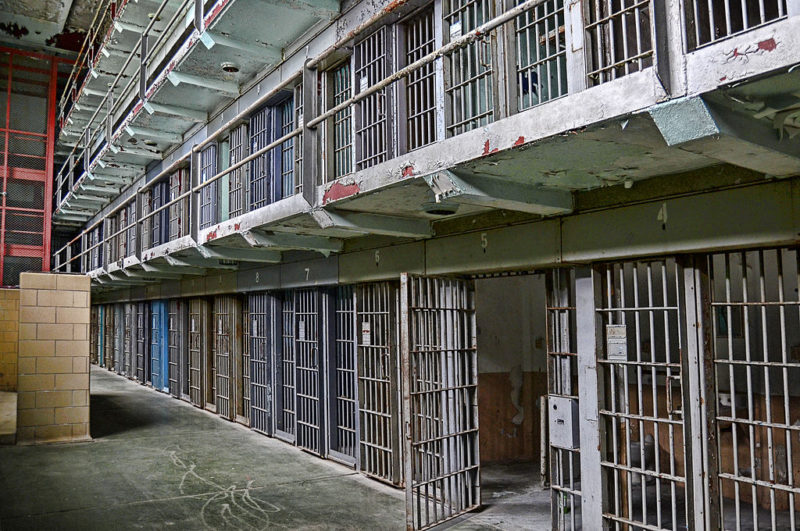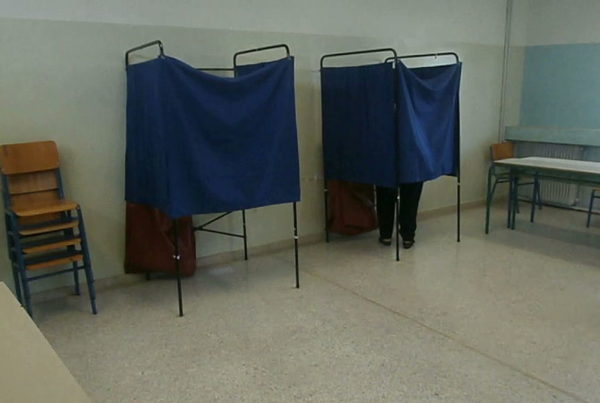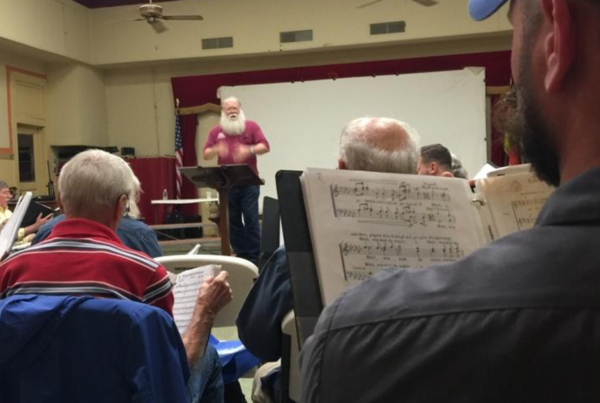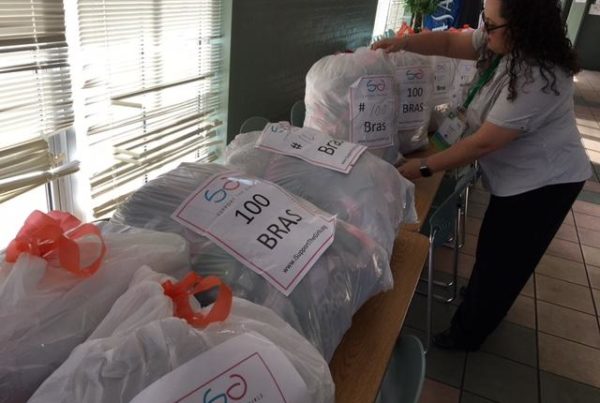In an unprecedented case, a federal judge ruled Monday that a private prison company can be sued under federal laws prohibiting what amounts to slave labor.
The ruling allows current and former detainees at a privately-run immigrant detention center to join a class-action suit alleging that the contractor running the prison forced detainees to work for low or no wages, threatening solitary confinement for those who refused.
GEO Group, one of the nation’s largest private prison companies, runs facilities in Colorado and in Texas. Betsy Woodruff with the Daily Beast reports as many as 60,000 current and former detainees could act as plaintiffs in the case.
GEO Group and other large private prison companies get a significant portion of their business through contracts with the Department of Homeland Security to detain immigrants who may be in the country illegally and are awaiting immigration court proceedings.
Detainees haven’t been convicted of crimes, but some are awaiting criminal proceedings. Detention is civil, not criminal, Woodruff says.
Woodruff says 65 percent of immigrant detainees are in privately-run centers.
The lawsuit comes as the Trump administration released an executive order to expand the number of immigrants held in detention centers, which Woodruff says could further expand the number of immigrants held in privately-run prison centers.
The lawsuit’s attorneys are representing two groups of plaintiffs. One group voluntarily engaged in work at detention centers for about $1 a day. The other group allege they were involuntarily coerced into working.
Plaintiffs are alleging that the GEO Group is violating laws that prevent unjust enrichment of companies and are pointing to breaches in the Trafficking Victims Protection Act.
The GEO Group denies all allegations, saying no person was put in solitary confinement.
U.S. District Judge John Kane ruled that the class-action lawsuit can move forward and that just because people may not have been put in solitary confinement doesn’t mean the threat of solitary confinement wasn’t there.
The lawsuit is significant in terms of what a ruling could mean for private prison companies, Woodruff says.
“It suggests that the detainees who are held in these facilities might potentially have more rights than the companies have been assuming when it comes to how they treat those detainees,” she says. “If it goes through and if the plaintiffs win all the way up, then it’s likely the result of this lawsuit will be that private companies have to spend more on their detention.”
If this is the case, detention could become more expensive and begin to cut into private companies’ profit margins, Woodruff says. Those costs would ultimately be passed on to taxpayers, who will have to decide on whether they want to spend more money on detentions.
Woodruff says Monday’s ruling means that the suit can move on to the discovery phase.
“We’ll be able to go to discovery and get a lot more information to get more of the backstory of how these detention centers run,” she says.
Written by Beth Cortez-Neavel.
















